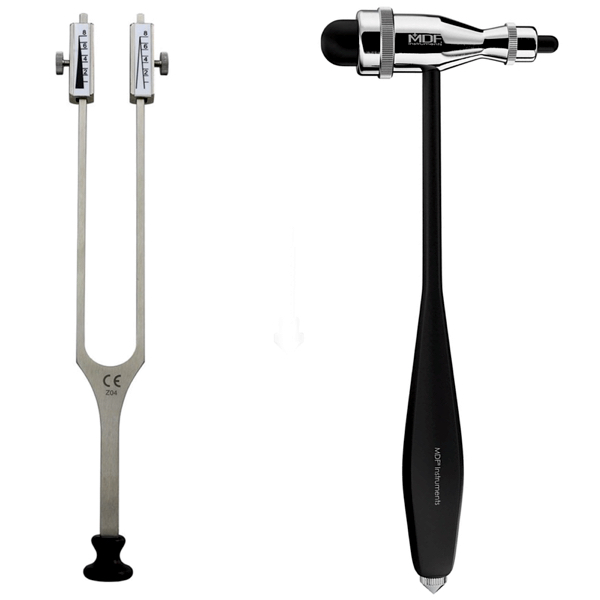Diabetic neuropathy is a serious and common complication of type 1 and type 2 diabetes. It’s a type of nerve damage caused by long-term high blood sugar levels. The condition usually develops slowly, sometimes over the course of several decades.
If you have diabetes and notice numbness, tingling, pain, or weakness in your hands or feet, you should see your doctor. These are early symptoms of peripheral neuropathy. The danger is usually when you can’t feel pain and an ulcer develops on your foot.
In cases of severe or prolonged peripheral neuropathy, you may be vulnerable to injuries or infections. In serious cases, poor wound healing or infection can lead to amputation.
There are different types of diabetic neuropathy that affect different areas of your body, causing a variety of symptoms. If you have diabetes, it’s important to regularly check your blood glucose levels and contact your doctor if have any symptoms of neuropathy.
How is it diagnosed?
A doctor will determine whether or not you have neuropathy, starting by asking about your symptoms and medical history. You’ll also have a physical examination. They’ll check your level of sensitivity to temperature and touch, your heart rate, blood pressure, and muscle tone.
Your doctor may do a filament test to test the sensitivity in your feet. For this, they’ll use a nylon fiber to check your limbs for any loss of sensation. A tuning fork may be used to test your vibration threshold. Your doctor may also test your ankle reflexes.
How is it treated?
There’s no cure for diabetic neuropathy, but you can slow its progression. Keeping your blood sugar levels within a healthy range is the best way to decrease the likelihood of developing diabetic neuropathy or slow its progression. It can also relieve some symptoms.
Quitting smoking and exercising regularly are also parts of a comprehensive treatment plan. Always talk to your doctor or healthcare team before beginning a new fitness routine. You may also ask your doctor about complementary treatments or supplements for neuropathy.
Diabetic Neuropathy
Diabetic neuropathy is a serious and common complication of type 1 and type 2 diabetes. It’s a type of nerve damage caused by long-term high blood sugar levels. The condition usually develops slowly, sometimes over the course of several decades.
Neck Pain
Neck pain can be caused by a number of factors, including muscle or ligament strains, arthritis, or a “pinched” nerve (when a nerve is irritated by something pressing on it).
Lower Back Pain
Low back pain is very common. More than 80 percent of people have at least one episode of low back pain during their lifetime. Although back pain usually does not represent a serious medical problem and most often resolves on its own, it can be frustrating when pain interferes with daily life.
Carpal Tunnel Syndrome
Carpal tunnel syndrome (CTS) occurs when the median nerve, which runs from the forearm into the palm of the hand, becomes pressed or squeezed at the wrist. The carpal tunnel—a narrow, rigid passageway of ligament and bones at the base of the hand—houses the median nerve and the tendons that bend the fingers.
Peripheral Neuropathy
Peripheral neuropathy refers to the many conditions that involve damage to the peripheral nervous system, the vast communication network that sends signals between the central nervous system (the brain and spinal cord) and all other parts of the body.





